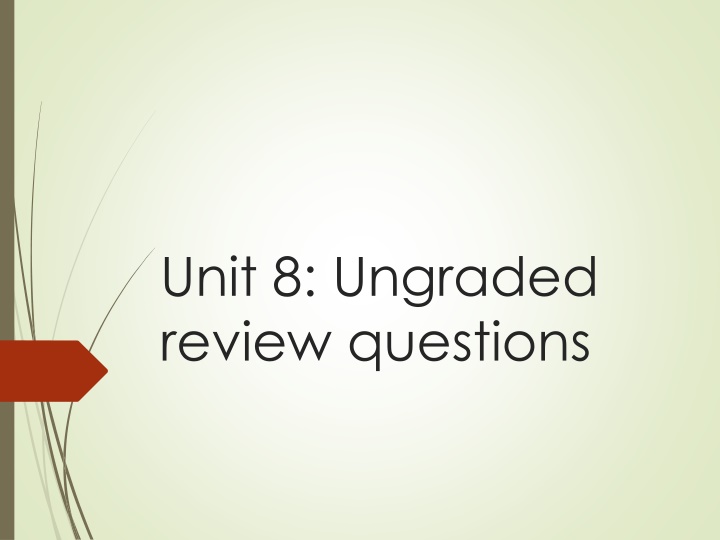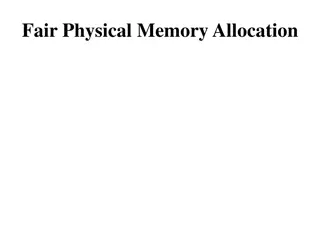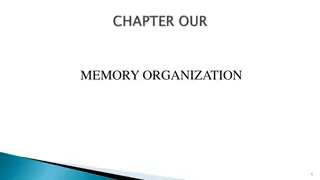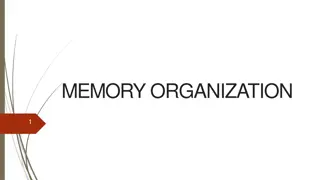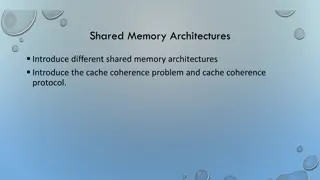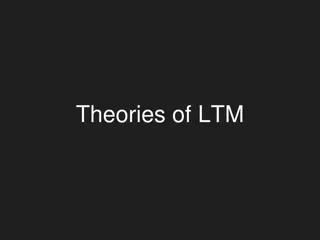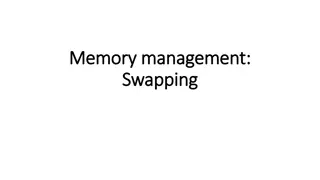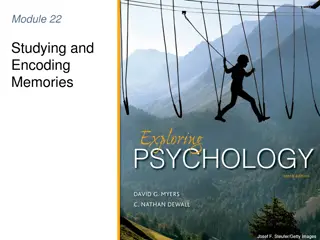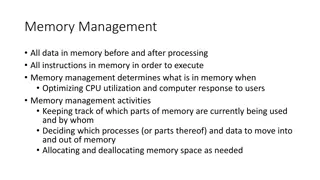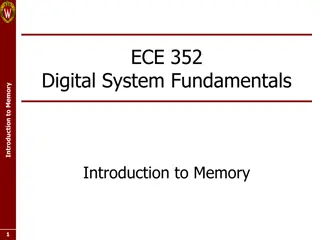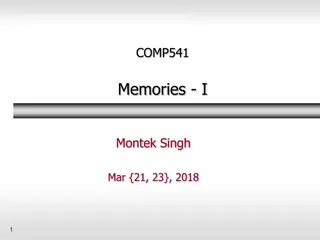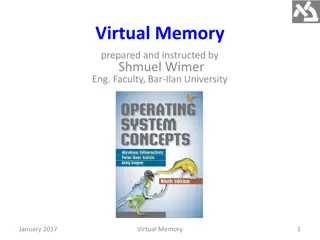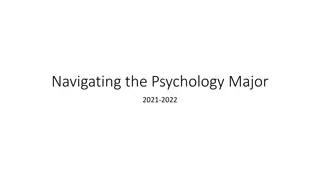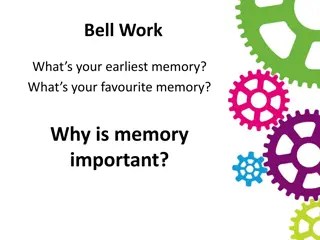Memory and Cognitive Psychology Review Questions
Explore a set of ungraded review questions on memory and cognitive psychology, covering topics such as nostalgia in older adults, the "weapons focus" experiment, Schacter's sins of memory, and the accuracy of memories related to significant events like the 9/11 terrorist attack. Test your knowledge and understanding with these thought-provoking questions to enhance your grasp of memory processes and cognitive psychology.
Download Presentation

Please find below an Image/Link to download the presentation.
The content on the website is provided AS IS for your information and personal use only. It may not be sold, licensed, or shared on other websites without obtaining consent from the author.If you encounter any issues during the download, it is possible that the publisher has removed the file from their server.
You are allowed to download the files provided on this website for personal or commercial use, subject to the condition that they are used lawfully. All files are the property of their respective owners.
The content on the website is provided AS IS for your information and personal use only. It may not be sold, licensed, or shared on other websites without obtaining consent from the author.
E N D
Presentation Transcript
Unit 8: Ungraded review questions
Can you explain your answer? Use your fingers to indicate your answer: 1=A, 2=B, 3=C, 4=D. After viewing the question, show me your answer in 15 seconds. Next, turn to your neighbor and you have one minute to convince him/her that you are right.
The observation that older adults often become nostalgic for the "good old days" reflects the self-image hypothesis, which states that A. life in a society gets more complicated and difficult as generations pass. B. memory for life events is enhanced during the time we assume our life identities. C. people tend to remember more of the positive events in their lives than negative ones. D. our memories change as we live longer and have more "lifetime periods" to draw events from.
The "weapons focus" experiment found that A. the presence of a weapon enhances memory for all parts of the event. B. the presence of a weapon has no effect on memory for the event. C. the threat of a weapon causes people to focus their attention away from the weapon itself. D. the presence of a weapon hinders memory for other parts of the event.
Which of the following is NOT one of the seven sins of memory proposed by Schacter? A. Absent-mindedness B. Blocking C.Bias D. Crytoamnesia
Which of the following was the primary result of the study about how people remembered the 9/11 terrorist attack? A. Participants had very little confidence in the accuracy of their memories of the events 32 weeks after they occurred. Participants had a very high level of confidence of the terrorist events and also had high confidence in their present everyday memories 32 weeks later. Participants had high confidence in the accuracy of their memories of the terrorist events 32 weeks later, but when actually tested they made significant errors when asked what they were doing on the day of the attacks. After 32 weeks, participants had a high level of confidence in their memories of the terrorist events, but lower belief in their memories of everyday events. B. C. D.
Which of the following statements is NOT true?. A. Suggestion can create false memories for events that occurred when a person was a young child. B. Suggestion can create false memories for an event that a person has experienced just recently. C. Inaccurate memories are more likely to happen among less educated people, but less likely among more educated people and professionals. D. Many miscarriages of justice have occurred based on faulty eyewitness testimony.
Research on eyewitness testimony reveals that A. witness that are highly confident at trial are usually accurate. B. it is unnecessary to warn an eyewitness that a suspect may or may not be in a lineup. C. when viewing a lineup, an eyewitness's confidence in her choice of the suspect can be increased by an authority's confirmation of her choice, even when the choice is wrong. D. despite public misconception, eyewitnesses are usually very accurate when selecting a perpetrator from a lineup.
